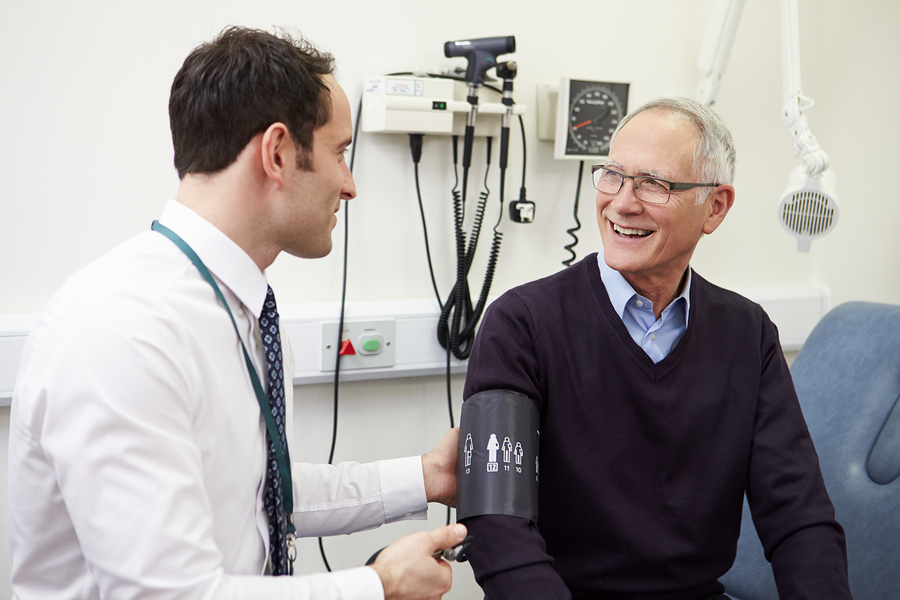High blood pressure is always a cause for concern, but there are times when your elderly family member’s blood pressure may spike especially high very quickly. That becomes an emergency situation with her blood pressure and may require a trip to the hospital.
Shortness of Breath
Shortness of breath is something that always indicates that there’s more going on. But if it’s accompanied by suddenly high blood pressure, this is a situation to take very seriously. Helping your senior to control her breathing with pursed lip breathing may help to an extent.
Severe Anxiety
High blood pressure, especially sudden blood pressure spikes accompanied by other symptoms, are likely to cause anxiety for your senior. She may not know what is happening and she may not be able to communicate it to you. The anxiety may even build before her blood pressure spikes.
Confusion and Blurred Vision
High blood pressure can cause your elderly family member to have difficulty thinking clearly and even seeing well. That can happen when not enough blood, and therefore oxygen, are getting to her brain. This can leave her feeling disoriented and again, she may not be able to communicate to you what is happening.
Severe Headache
Headaches are one of the signs of high blood pressure in general, but a severe headache that suddenly occurs can also be a sign that your senior is experiencing a blood pressure emergency. This is especially a concern if your elderly family member is experiencing other symptoms in this list.
Nosebleed
Because of the pressure built up in your senior’s system, nosebleeds may occur. If she’s disoriented and confused, the bleeding may be especially upsetting. Talk to your senior’s doctor about the best way to handle nosebleeds, particularly if she takes medications like blood thinners.
Nausea and Vomiting
Extreme nausea and vomiting might be something else your senior experiences during a high blood pressure emergency. This can occur because of the rapid change in blood pressure, or it can be a result of issues like blurry vision. If your elderly family member is vomiting, it’s important to help her to replenish fluid by sipping water, if she can.
High blood pressure is manageable, but if your elderly family member is prone to experiencing emergencies with her high blood pressure she may need extra help. Senior care providers can be there with her to monitor her blood pressure and to watch for signs of trouble.

